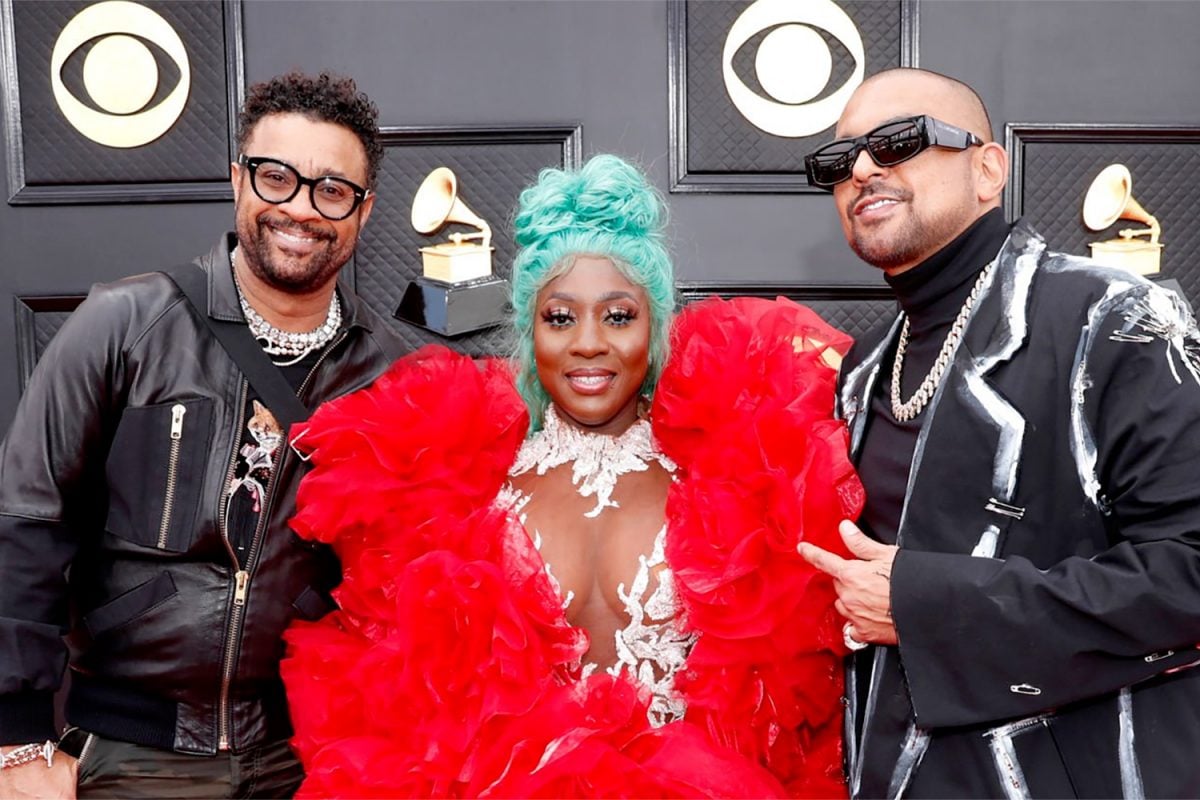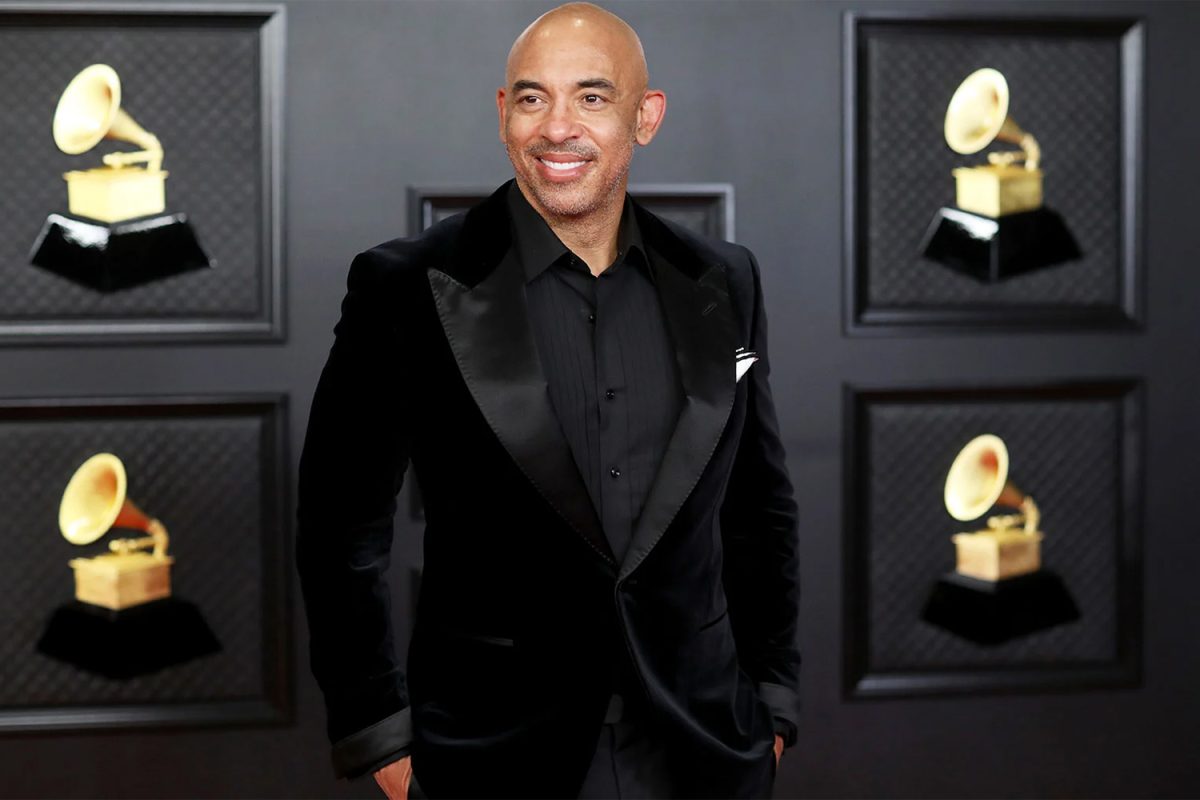Grammy CEO Speaks On Dancehall Having Its Own Category: “Anything Is Possible”

Harvey Mason Jr., CEO of the Recording Academy, is not ruling out Dancehall becoming a category on its own at the Grammy Awards, separate and apart from Reggae under which it is now subsumed.
Mason made the point after being asked, during a World Music Views interview, whether there was any possibility that Reggae and Dancehall could be made into two separate categories.
“It is possible, only because anything is possible. When it comes to categories, it depends on who submits,” Mason said.
“If the Dancehall community wanted its own category, and they felt so strongly about it and the stakeholders in that category felt like ‘we wanna have our own category’, they submit it, [once] they have the right language in the proposal, the right rationale as to why this is important, get signers on the proposal… get the right signers, get the justification, and you will have a new category.”

Mason’s explanation is in stark contrast to statements made by Grammy-nominated producer and music executive Cristy Barber, who had, in March this year, maintained that it is highly unlikely Dancehall will ever get its own Grammy Award category, and that the focus right now ought to be spent on preventing the “Best Reggae Album” field which subsumes all Jamaican music, from being taken away.
At the time Barber, had said that the request for the two genres to be given separate categories has been made over and over for many years, but has not been considered by the Recording Academy.
Barber said then that she did not see Dancehall as a Grammy category ever happening “for the simple fact that the Recording Academy – the main office is based in Los Angeles” and has a “very small staff of people and the Academy tends to take away fields, not put more fields in” as “the more fields you put in, the more categories involved, the more work that has to be done.”
She also had said that things tend to “get condensed” or some names get changed, but that it was “very difficult for a field to get another category.”
The Grammy Awards are presented by the Recording Academy, an American “learned academy of musicians, producers, recording engineers, and other musical professionals, which via the Grammys, recognizes achievements in the music industry of songs and music which are popular worldwide, and is considered the most prestigious peer-voted music award in the world.
Several Dancehall artists have copped the Best Reggae Album Grammy award for hybrid works, Shabba Ranks being the first in 1992 for his album As Raw As Ever. The Seaview Gardens native also repeated the feat the following year with the set X-Tra Naked.
Shaggy was next in 1996 with Boombastic, while Beenie Man scored with Art & Life in 2001.
Sean Paul was the last Dancehall artist to receive the Grammy for his second album Dutty Rock in 2004.
Back in February 2019, during Reggae Month, the then interim chairman of the Jamaica Reggae Music Industry Association (JaRIA), Michael ‘Ibo’ Cooper, had said that Reggae and Dancehall should not be separated at the Grammys, according to the Jamaica Gleaner.
During an address at JaRIA’s Reggae Open University, Cooper had said that lobbying for Dancehall as a category would “set back” Jamaican music and that “Dancehall people are being fooled about separating dancehall from reggae” claiming Reggae was “old people style.”
“They are not standing on what was there before. If you look at Reggae as an umbrella category and Dancehall as an offspring, it’s an easier move than trying to build from scratch,” the music educator had stated then.
Cooper, who is a founding member of Third World, had also argued that including a new category would stir controversy regarding what was considered Dancehall.
“We’re always trying to create something instead of focusing on what we have and building that. You know how long rocksteady lasted for? Three years. Because in those days, we were always trying to create another thing… with Dancehall, people feel like it should sound a particular way, so it wouldn’t be long before people say, ‘Well, this is not Dancehall because it don’t sound like this or that’,” he added.
